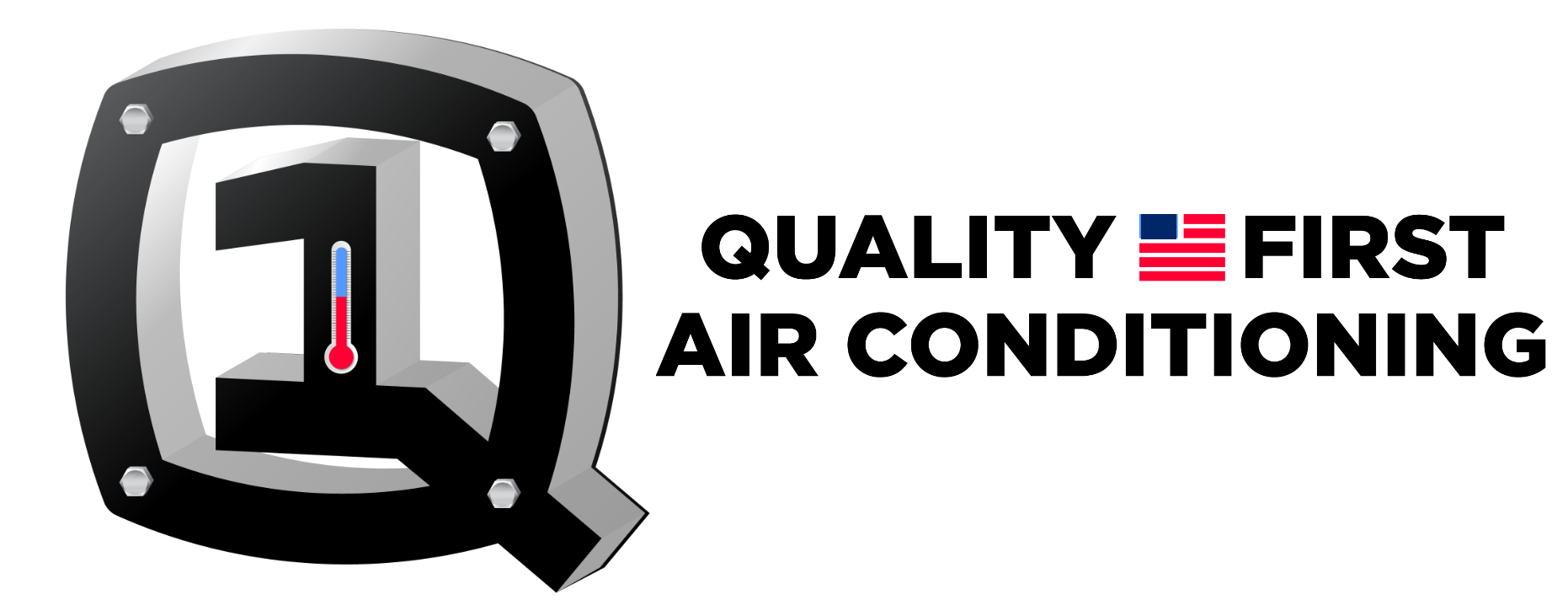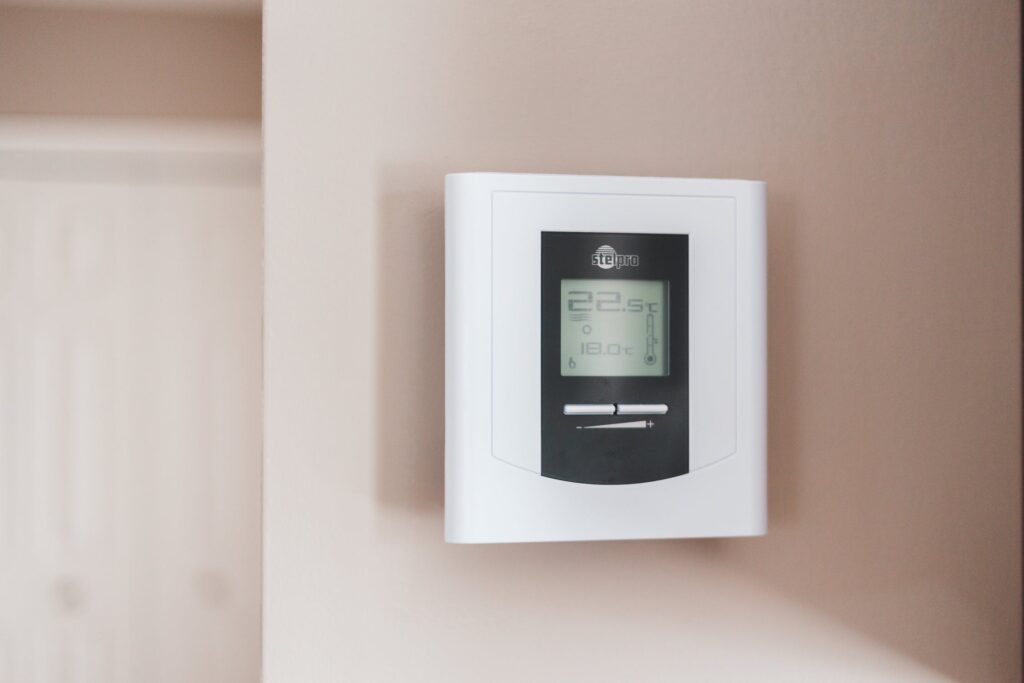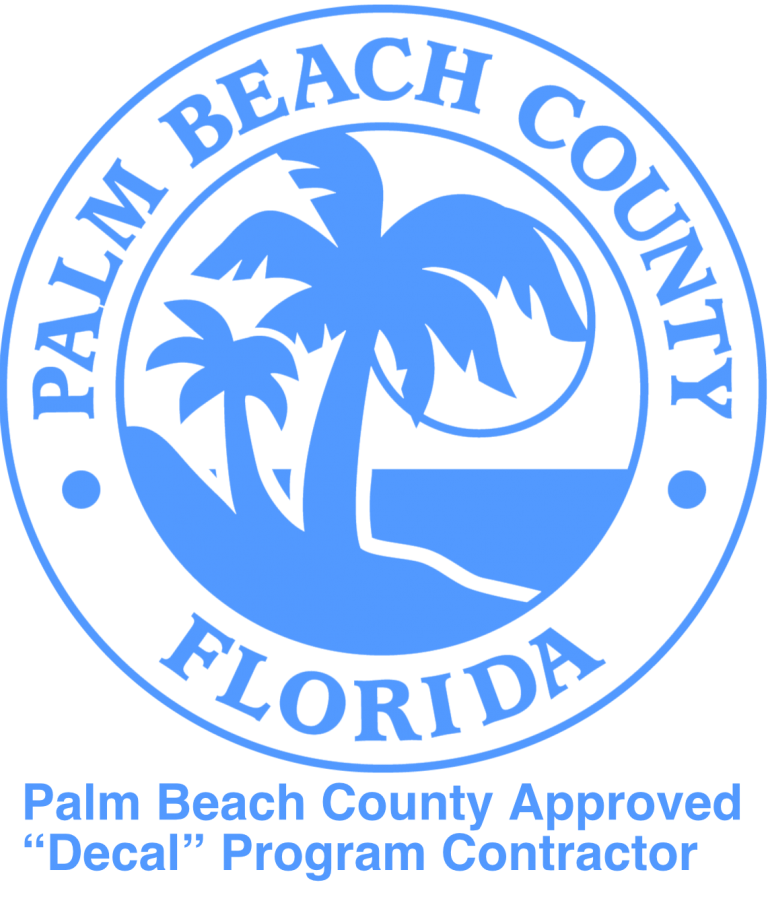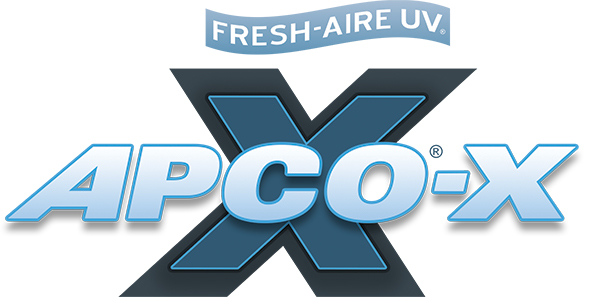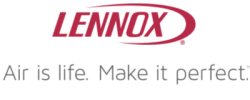10 Tricks to Save on AC Costs: Money-Saving Tips!
10 Tricks to Save on AC Costs: Money-Saving Tips! Are you tired of receiving high electricity bills due to your air conditioning usage? With the summer heat, it’s essential to have a functioning central AC, but it can be costly. You don’t have to compromise comfort for cost; there are various tips and tricks that you can use to save money on energy savings with your HVAC system. Consider scheduling an energy audit to identify areas where your system can be more efficient and reduce costs.
Air conditioning and ventilation are responsible for a significant portion of energy bills, but with the right strategies, you can reduce these costs significantly. Conducting an energy audit for your air conditioning and ventilation system is one way to identify areas where you can improve efficiency and cut down on expenses. Simple actions like adjusting the thermostat temperature, using a ceiling fan or exhaust fan, and cleaning the condenser regularly can lead to notable savings and help you stick to your budget.
Whether you’re looking for budget-friendly options or long-term solutions to save energy inside your house, we’ve got you covered with devices that can help achieve energy savings. So let’s dive in!
Use a Programmable Thermostat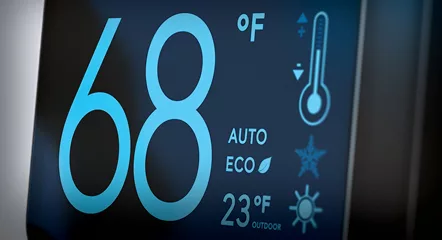

Air conditioning devices are essential for keeping your house comfortable during hot summer months, especially when the climate outside is scorching. However, it can also be a significant expense on your energy bills. One of the most effective ways to save money on air conditioning is by using a programmable thermostat.
Set Your Temperature Based on Schedule
Programmable thermostats are devices that allow you to set the temperature in your house based on your schedule. For example, if you’re away at work during the day, you can set your thermostat to 78 degrees Fahrenheit when you’re not home and increase it by a few degrees when you return. This way, your air conditioning system won’t have to work as hard during the day and will only kick in when needed, helping you save on your electricity bill.
Smart Thermostats Can Be Controlled Remotely
Smart thermostats take things one step further by allowing you to control them remotely through devices like smartphones and tablets. This means that even if you forget to adjust your thermostat before leaving for work, you can still do so from anywhere with an internet connection. Additionally, these thermostats can also be synced with air conditioners in your house, ensuring that the temperature is always just right. They can also remind you to change your air filter regularly and display important information on their screen.
Save Up To 10% On Energy Bills
Using a programmable thermostat can save you up to 10% on your energy bills in your house. By setting the temperature based on your schedule, you’ll avoid wasting energy when no one is home or while everyone is sleeping. This is especially helpful for air conditioners, as these devices can consume a lot of energy if left running unnecessarily.
Regulate Your Air Conditioning System
A programmable thermostat can also help regulate your house’s air conditioning system and reduce your energy bill. For example, if there are areas of your home that don’t need as much cooling as others (such as an unoccupied guest room), you can program the thermostat accordingly.
Increase Airflow with Ceiling Fans
There are many tips and tricks that can help you keep your house cool without breaking the bill. One of the most effective ways to do this is by increasing airflow in your home with the use of ceiling fans, as suggested by energy expert, Jeff Krigger.
How Ceiling Fans Help Increase Airflow
Ceiling fans work by circulating air in a house, creating a breeze that helps to evaporate sweat from your skin, making you feel cooler. This means that you can raise your thermostat a few degrees and still feel comfortable. By using ceiling fans in conjunction with your air conditioning unit, you can reduce the amount of time your AC runs, which will save you money on energy bills.
Using Exhaust Fans to Remove Hot Air and Humidity
In addition to using ceiling fans, exhaust fans in your bathroom and kitchen can also help remove hot air and humidity from your house. These areas tend to generate a lot of heat and moisture, which can make it more difficult for your air conditioning unit to cool the house efficiently. By removing this hot air and humidity with exhaust fans, you create a more comfortable environment while reducing the load on your AC unit.
Tips for Maximizing Effectiveness
To maximize the effectiveness of ceiling fans in keeping your house cool, consider these tips. Ceiling fans can be a great alternative to air conditioners.
-
Use ceiling fans only when someone is in the house: Ceiling fans don’t actually lower the temperature in a room; they simply create a breeze that makes you feel cooler. So there’s no need to run them when nobody is around. Air conditioners, on the other hand, can cool down a room and should be used when needed.
-
Adjust fan direction according to season: In your house, during the summer months when you are using the air conditioner, set your fan blades so they rotate counterclockwise; during winter months reverse their direction so they rotate clockwise.
-
Clean or replace house air filters regularly: Dirty house air filters can reduce airflow and make your AC unit work harder, which will increase energy bills.
-
Use a programmable thermostat: A programmable thermostat allows you to set the temperature of your air conditioner in your home according to your schedule. This means you can raise the temperature when nobody is home and lower it before you return.
-
Consider upgrading to a more efficient air conditioner unit: If your current air conditioner unit is old or inefficient, consider upgrading to a newer model with a higher SEER rating.
Seal Leaks in Windows and Doors
One of the most significant contributors to high air conditioning bills is cool air escaping through leaks in windows and doors. To save money on air conditioning, it’s essential to seal these leaks effectively. Here are some tips and tricks to help you do just that:
Use Window Films
Window films are an excellent way to reduce heat gain through windows, which can help you save money on your air conditioner bills. These films work by reflecting the sun’s rays, preventing them from entering your home and heating up the space. They’re easy to install and come in a variety of styles, including tinted, frosted, or decorative options.
Fill in Cracks Around Windows with Caulking
Another effective way to seal leaks around windows and air conditioner is by filling in any cracks with caulking. This method works best for small gaps that can’t be sealed with weatherstripping or other materials.
To use caulking on your air conditioner, start by cleaning the area around the unit thoroughly. Next, apply a bead of caulk along any gaps using a caulking gun. Smooth out the caulk with your finger or a tool designed for this purpose.
Install Weatherstripping
Weatherstripping is another great option for sealing leaks around windows and doors, as well as air conditioner units. It’s made from materials like foam, rubber, or vinyl and is designed to fill gaps between stationary objects like window frames, door jambs, and air conditioning units.
To install weatherstripping, start by measuring the length of each gap you want to fill. Cut strips of weatherstripping material to size using scissors or a utility knife. Then press the weatherstripping into place along each gap.
Replace Old Windows
If your windows are old and drafty, it may be time to replace them altogether. Newer windows are often more energy-efficient than older models because they’re designed with better insulation properties.
When shopping for new windows, look for options that have an Energy Star rating. These products meet strict efficiency guidelines set by the Environmental Protection Agency (EPA) and can help you save money on your energy bills.
Use Draft Stoppers
Draft stoppers are another simple but effective way to seal leaks around doors. These devices are placed at the bottom of doors to prevent cool air from escaping through gaps between the door and the floor.
Draft stoppers come in a variety of styles, from basic fabric tubes to more decorative options that match your decor. They’re easy to install and can be removed when not in use.
By following these tips and tricks, you can effectively seal leaks in your windows and doors, saving money on air conditioning costs while keeping your home comfortable all summer long.
Tips and Tricks to Save Money on Air Conditioning
Insulate Your Home
One of the best ways to save money on air conditioning is by insulating your home. Insulation helps keep the cool air inside during hot summer days and prevents hot air from entering your home. Here are some tips for insulating your home:
Use Heavy Curtains or Solar Screens
Heavy curtains or solar screens can help block out the sun’s heat, keeping your home cooler. You can also use them to cover windows that face south, where the sun’s rays are strongest.
Cover Windows with Films or Screens
Another way to reduce heat gain is by covering your windows with films or screens. These products reflect sunlight away from your home, reducing the amount of heat that enters through the glass.
LED Bulbs
LED bulbs produce less heat than traditional bulbs, making them a great way to save energy. By using LED bulbs in place of traditional ones, you’ll not only reduce your cooling costs but also lower your electricity bills.
Seal Cracks and Gaps
Sealing cracks and gaps around doors and windows is another effective way to prevent hot air from entering your home. You can use weatherstripping, caulking, or foam sealant to seal these areas.
Insulate Your Basement or Apartment
If you live in a basement apartment or have a basement in your house, it’s essential to insulate it properly. Basements tend to be cooler than other parts of the house because they’re underground; however, they still need insulation to maintain their temperature.
Schedule Annual Maintenance for Your AC Unit
Regular maintenance of your air conditioning system is essential to keep it running efficiently. It can also help prevent costly repairs and extend the lifespan of your AC unit.
Importance of Regular Maintenance
An air conditioning unit is a significant investment that requires proper care and attention. Neglecting regular maintenance can lead to various issues, including reduced efficiency, increased energy consumption, and even complete breakdowns. By scheduling annual maintenance for your AC system, you can ensure that it operates at peak performance levels throughout the year.
During an annual maintenance check-up, an HVAC technician will inspect all components of your AC system, including the ductwork, filters, coils, motors, and other critical parts. They will also clean and lubricate these components as necessary to ensure optimal performance.
Prevent Costly Repairs
Preventive maintenance is much more cost-effective than reactive repairs or replacements. A well-maintained air conditioning system can help prevent costly repairs by identifying potential issues early on before they escalate into major problems.
For instance, if a technician discovers a refrigerant leak during routine maintenance checks, they can fix it before it causes permanent damage to the compressor or other vital components. This proactive approach helps you avoid expensive repair bills down the road.
Reduce Energy Consumption
A well-maintained AC unit consumes less energy than one that has not received proper care in years. The reason behind this is simple: when an air conditioning system runs efficiently without any obstructions or debris buildup within its components such as filters or coils; it uses less power to cool down space effectively.
This means that by scheduling regular maintenance appointments with an HVAC professional during cooler months like fall or winter seasons when demand isn’t high yet – you’ll be able to save money on utility bills over time because of lower energy consumption rates!
Best Time to Schedule Maintenance
The best time to schedule maintenance for your AC unit is during the off-season when demand is low. This means scheduling it in the fall or winter months, before the peak season rush hits.
By doing so, you can avoid long wait times and ensure that your system is ready to go when you need it most. It also gives you ample time to address any issues that may arise during maintenance checks before the heat of summer sets in.
Tips and Tricks to Save Money on Air Conditioning
Reduce Heat-Producing Activities
During the summer months, air conditioning is essential to keep your home cool and comfortable. However, running an air conditioner can be expensive, especially if you’re not taking steps to reduce your cooling needs. One way to save money on air conditioning is by reducing heat-producing activities in your home.

Use Ventilation and Fans
Ventilation and fans are excellent ways to circulate air and reduce temperatures in your home without relying solely on your air conditioner. Open windows and doors during cooler times of the day or night to let fresh air in and hot air out.
Ceiling fans can also help circulate cool air throughout a room. Make sure they’re spinning counterclockwise during the summer months, which will push cool air down into the room.
Avoid Using Appliances During Peak Hours
Appliances like ovens, dryers, and dishwashers generate a lot of heat when they’re in use. Try to avoid using these appliances during peak hours when it’s hottest outside. Instead, try doing laundry or cooking early in the morning or late at night when it’s cooler.
Check Ducts and Vents for Leaks
If there are leaks in your ducts or vents, you could be losing up to 30% of the cooled air that moves through them. This means that your AC unit has to work harder than necessary to keep your home cool, driving up energy costs.
To check for leaks, run your hand along ductwork joints while the AC is running. If you feel any cool airflow escaping from a joint or connection point, seal it with foil tape or mastic sealant.
Change Filters Regularly
Dirty filters restrict airflow through your AC system, making it work harder than necessary to maintain a comfortable temperature. This increases energy usage and drives up costs over time.
Change filters regularly to ensure that your AC unit is operating efficiently. Depending on the type of filter you use, you may need to change it every 30-90 days.
Plant Trees and Shrubs for Natural Shade
A Green Solution to High Air Conditioning Bills
Air conditioning is a necessity in many parts of the world, especially during the hot summer months. However, running an air conditioner can be expensive and have a significant impact on your energy bill. Fortunately, there are ways to reduce your air conditioning usage without sacrificing comfort. One of the most effective solutions is to plant trees and shrubs around your home.
The Benefits of Natural Shade
Planting trees and shrubs around your home can provide natural shade that reduces the amount of direct sunlight that enters your home during summer months. This can significantly reduce your air conditioning usage by keeping your home cooler naturally. Here are some benefits of natural shade:
-
It blocks direct sunlight: Trees with broad leaves are the best option for providing shade as they block more sunlight than trees with smaller leaves.
-
It cools the surrounding air: According to expert Stan Krigger, planting trees and shrubs can also help cool the air around your home at night, making it easier to sleep comfortably without relying on air conditioning.
-
It’s eco-friendly: Planting trees and shrubs is a green solution that helps combat climate change by reducing carbon dioxide emissions.
Strategically Planting Trees and Shrubs
Planting trees and shrubs strategically in areas where they can block sunlight during the hottest parts of the day is key to reducing air conditioning usage. Here are some tips for strategically planting trees and shrubs:
-
Consider sun exposure: Observe which areas receive direct sunlight during different times of day before planting.
-
Place them in strategic locations: Plant tall deciduous (broad-leaved) trees on the south or west sides of your house where they will provide maximum shade during peak hours.
-
Choose native species: Native plants require less maintenance than non-native species because they’re already adapted to local conditions such as soil type, rainfall levels, and climate.
-
Plant shrubs close to windows: Shrubs planted near windows can help block sunlight and reduce heat gain.
Tips and Tricks to Save Money on Air Conditioning
Raise the Temperature
One of the easiest ways to save money on air conditioning is by raising the temperature on your thermostat. Setting it just a few degrees higher than you normally would can help reduce energy consumption and lower your utility bill. The key is finding a comfortable temperature that works for you.
If you’re not sure what temperature to set your thermostat, start by experimenting with different settings until you find one that feels comfortable. For most people, a setting between 75-78°F is ideal. However, if you live in a particularly humid or dry climate, you may need to adjust accordingly.
Another way to make sure your home stays cool without overworking your AC is by using ceiling fans or portable fans. These can help circulate cool air throughout the room and reduce the workload on your AC.
Save Energy with Smart Temperature Control
Investing in an Energy Star certified smart thermostat can also help reduce energy consumption and save money on air conditioning costs. These thermostats are designed to automatically adjust the temperature based on your schedule and preferences.
For example, if you’re away from home during the day, a smart thermostat can detect this and adjust the temperature accordingly to conserve energy. It can also learn your habits over time and make adjustments based on when you typically come and go.
In addition to saving money on air conditioning costs, using a smart thermostat can also help improve indoor air quality by reducing humidity levels and filtering out pollutants.
Keep the AC Temperature Low
While it may be tempting to crank up the AC during hot summer months, doing so can actually increase your energy bill and waste cold air. Instead of setting your AC at a very low temperature, aim for a moderate setting that keeps you comfortable without overworking your system.
If you’re concerned about keeping cool during particularly hot days, consider investing in blackout curtains or shades that block out sunlight. This can help keep your home cooler and reduce the workload on your AC.
Another way to keep your AC running efficiently is by scheduling regular maintenance checks. This can help identify any potential issues before they become major problems and ensure that your system is running at peak performance.
Check Your Installation and Service Your Unit Regularly
Air conditioning is an essential part of our daily lives, especially during the hot summer months. However, running your AC unit can be expensive, and it’s important to find ways to save money on air conditioning without sacrificing comfort. One way to do this is by checking your installation and servicing your unit regularly.
If your AC unit is not installed correctly, it can lead to poor performance and higher energy bills. Make sure that you have a professional install your unit or check if it was installed correctly. If there are any issues with the installation, address them immediately.
Regular maintenance is also crucial for keeping your AC working efficiently. Schedule a service appointment at least once a year to ensure that everything is in good working order. During these appointments, technicians will clean the coils, check refrigerant levels, inspect electrical connections, and make any necessary repairs.
Get Professional Service at Least Once a Year
Getting professional service for your AC unit at least once a year can help identify potential problems before they become major issues. A technician can detect leaks or other issues that could result in poor performance or higher energy bills.
During these appointments, technicians will also inspect the ductwork for leaks or blockages that could reduce airflow and efficiency. They may also recommend upgrades such as a programmable thermostat or sealing air leaks around windows and doors.
Get Your AC Serviced Before Summer Starts
It’s best to get your AC serviced before summer starts so that you can avoid unexpected breakdowns during peak usage times. This will ensure that you’re ready for the hot weather ahead and won’t be left without cooling when you need it most.
During these pre-summer service appointments, technicians may replace worn-out parts such as belts or bearings that could cause problems down the line. They may also clean out debris from around the outdoor condenser unit to improve airflow.
Replace Air Filters Every 1-3 Months
Replacing air filters or Using Custom Air Filters is one of the easiest and most effective ways to improve your AC unit’s efficiency. Dirty or clogged filters can reduce airflow, making your unit work harder and use more energy.
It’s recommended that you replace your air filter every 1-3 months depending on usage. If you have pets or live in a dusty environment, you may need to change it more frequently.
Use a Programmable Thermostat to Save Energy
Using a programmable thermostat is an easy way to save energy and money on air conditioning. These thermostats allow you to set different temperatures for different times of the day, so you’re not cooling your home when no one is there.
For example, you can program the thermostat to turn off during the day when everyone is at work or school and turn back on before everyone comes home. This will help reduce energy usage without sacrificing comfort.
Tips and Tricks to Save Money on Air Conditioning: Run Your AC at the Right Times, Choose the Right Wall for Your Thermostat
Place your thermostat on an interior wall to avoid temperature fluctuations
The location of your thermostat is crucial. If you place your thermostat near a window or exterior door, it can pick up heat from outside and cause your AC unit to run more often than necessary. The best way to ensure that your thermostat accurately reflects the temperature inside your home is by placing it on an interior wall.
Make sure that there are no heat sources near the thermostat such as lamps or electronics. These can also affect the accuracy of the temperature reading and cause your AC unit to work harder than it needs to.
Use a programmable thermostat to adjust the temperature when you’re not home
One of the easiest ways to save money on air conditioning is by using a programmable thermostat. With this type of device, you can set specific temperatures for different times of day. For example, you can program your AC unit to turn off or reduce its output during hours when you’re away from home.
By doing this, you’ll be able to save money on energy bills without sacrificing comfort. A programmable thermostat will help ensure that your home is at a comfortable temperature when you arrive while avoiding unnecessary cooling costs throughout the day.
Run your central AC during off-peak hours to save money on energy bills
If you have central air conditioning in your home, consider running it during off-peak hours whenever possible. This means using it in early morning hours before peak demand hits and later evening hours after peak demand has passed.
Running your central AC during off-peak hours can help reduce electricity prices because utilities charge less per kilowatt-hour (kWh) during these times. Running appliances like dishwashers and washing machines during these periods can also help lower your energy bills.
Choose the right wall for your thermostat
There are a few things to keep in mind. First, make sure that the wall you choose is not exposed to direct sunlight or drafts. These factors can affect the accuracy of your thermostat and cause it to turn on or off more often than necessary.
Secondly, consider placing your thermostat on an interior wall away from high-traffic areas like hallways or staircases. This will help ensure that temperature readings are consistent and accurate throughout the day.
Finally, avoid placing your thermostat near any heat sources such as lamps or electronics. These can also affect temperature readings and cause unnecessary cooling costs.
Conclusion: Schedule a Maintenance Call, Stay Up to Date with AC Maintenance
To save money on air conditioning, it’s important to schedule regular maintenance for your AC unit. Use a programmable thermostat and increase airflow with ceiling fans to reduce energy consumption. Seal leaks in windows and doors, insulate your home, and plant trees and shrubs for natural shade. Reduce heat-producing activities and run your AC at the right times. Check your installation and service your unit by getting professional service once a year.
By following these tips and tricks, you can keep your home cool without breaking the bank. Remember that proper maintenance is key to keeping your AC running efficiently.
Call-to-action: Don’t wait until it’s too late! Schedule an annual maintenance call for your AC unit today.
FAQs:
Q: How often should I schedule maintenance for my AC unit?
A: It’s recommended to schedule maintenance once a year to ensure that your AC is running efficiently.
Q: Can sealing leaks in windows really make a difference in reducing energy consumption?
A: Yes! Sealing leaks in windows and doors can prevent cool air from escaping, which reduces the amount of energy needed to cool your home.
Q: Is it worth investing in a smart thermostat?
A: Yes! Smart thermostats allow you to control the temperature of your home remotely, which can help reduce energy consumption when you’re away.
Q: Will planting trees really provide enough shade to keep my home cool?
A: Yes! Trees and shrubs provide natural shade that can help reduce the amount of direct sunlight entering your home.
Q: Why is it important to get professional service for my AC unit?
A: Professional service ensures that any issues with your AC are identified early on, which can prevent costly repairs down the line.
